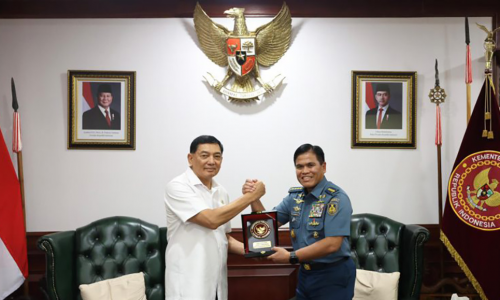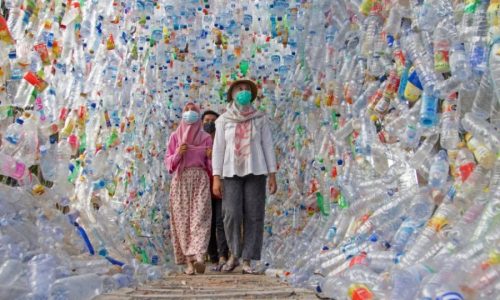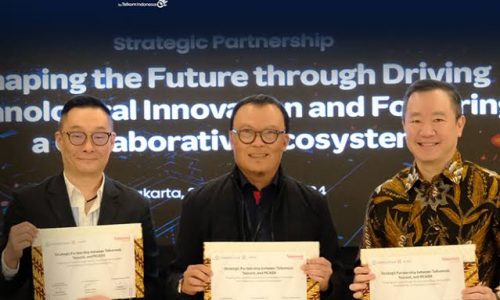Minister of Investment and Head of the Investment Coordinating Board (BKPM) Bahlil Lahadalia announced that investment realization had reached Rp328.9 trillion in the first quarter of 2023. The number equals to a 16.5 percent increase from last year. However, he mentioned that the growth is not aligned with the number of new jobs being created.
The Investment Ministry data reveals that the ratio of labor absorption to investment did increase at the beginning of the Covid-19 pandemic in 2020, with labor absorption reaching 1,399 people per IDR 1 trillion investment.
However, it dropped in 2021, with only 1,340 people being absorbed per IDR 1 trillion investment.
Last year, Indonesia’s investment realization reached an all-time high of IDR 1,207 trillion, yet it only managed to absorb 1,305 workers. Unfortunately, this trend also seems to continue this year, with the labor absorption ratio in the first quarter being only 1,169 people per Rp1 trillion investment.
According to Bahlil, the low labor absorption is attributed to the fact that most of the investment was made in high-tech industries that are not labor-intensive.
Manufacturing industries, which accounted for 42.5 percent of total investment realization rely on high technology and tend to replace human labor with machines. Moreover, the government’s focus on downstreaming the mining industry has not been able to create many jobs.
“I have to admit, there is no longer a direct correlation between investment targets and job creation, as the current investments are no longer in labor-intensive sectors. If we want to develop the downstream industries for bauxite, nickel, and copper, there is no need for many workers. Perhaps we only need to construct the facilities, but afterwards, machines can operate everything,” Bahlil said on Friday (28/4).
Indonesia’s investment realization data
Indonesia seeks to attract investments worth IDR 1,400 trillion throughout this year. What Indonesia had achieved so far showed that the country is now at 23.5 percent of its 2023 target, according to Bahlil.
Foreign direct investment (FDI) accounted for 53.8 percent of the total investment over the same period, amounting to IDR 177 trillion.
Bahlil attributed the high level of FDI growth to the positive perception of foreign investors towards Indonesia, stating that “the level of confidence of foreign investors in Indonesia is very high, especially in the era of President Jokowi’s leadership.”
Bahlil also mentioned that the level of international business confidence in Indonesia had increased by 20.2 percent compared to the same period a year earlier.
Government data shows Singapore became Indonesia’s largest investor in the first quarter with a total investment of US$4.3 billion. Followed by Hong Kong (US$1.5 billion) and China (US$1.2 billion). In fourth place there is Japan with US$1 billion. American businesses invested US$800 million in Indonesia, thus putting the US in fifth place.
“But let me tell you this. Some of the Singaporean investment in Indonesia actually came from Indonesians,” Bahlil said.
The basic metal, metal goods, non-machinery, and equipment industry are some of the areas chosen by Singaporean investors with a total value of IDR 46.7 trillion, followed by the transportation, warehouse, and telecommunications sector at a total value of IDR 36.1 trillion and the mining sector with a total value of IDR 33.5 trillion.
Additionally, the housing, industrial estates, offices, and the chemical and pharmaceutical industries also showed notable investment realization of IDR 27.9 trillion and IDR 22.6 trillion, respectively.
Bahlil also noted that Central Sulawesi is the most popular among foreign investors as the province is home to the construction for nickel downstream industries. FDI in Central Sulawesi stood at US$1.9 billion (or about IDR 28.8 trillion), representing 16.3 percent of what foreign investors had brought to the country in the first quarter.
“Investors will likely prefer investing outside Java in the future. They have cheaper labor costs. Infrastructure and logistics in other regions outside Java would have improved by then. They are also home to raw materials,” Bahlil added.









